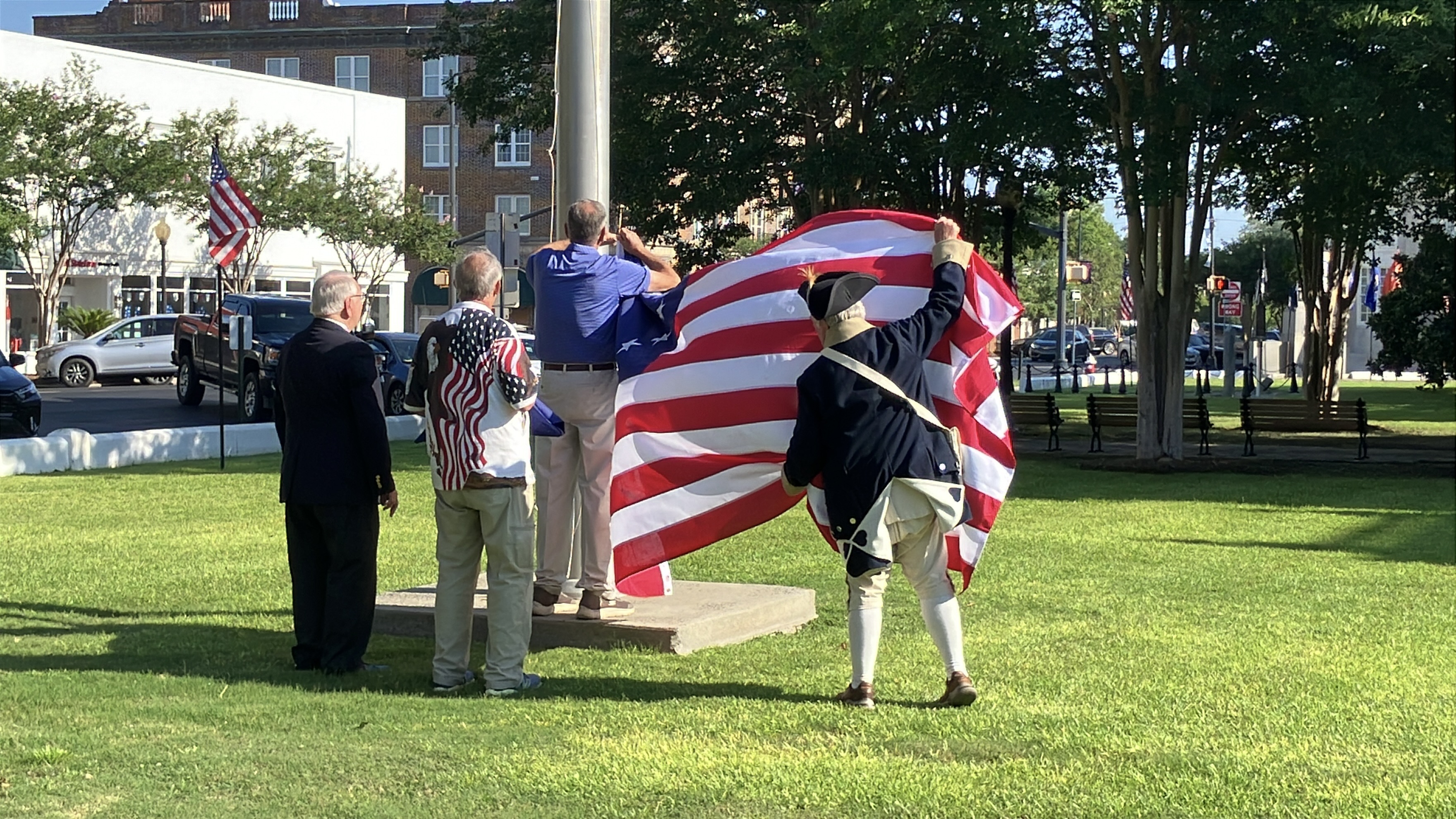ZACHARY: Lawmakers must not erode police transparency
Published 6:00 am Sunday, March 7, 2021

- DomeLight by Jim Zachary
Public trust in policing depends on transparency.
When it comes to public access around law enforcement in Georgia, it is a tale of two houses.
The Georgia General Assembly is considering a handful of measures in the House and Senate addressing access to police records.
A proposed Senate bill would require most officers and deputies to record all their public interactions while on duty. The bill calls for both audio and video recordings and it makes it clear those recordings would be public records.
Recording traffic stops, arrests, standoffs and even raids and making those recordings available to the public would not only build trust and confidence but would provide real protections both for the public and for law-enforcement agencies.
Police misconduct will be recorded and on the record.
False accusations against police could be easily dismissed.
Many agencies already require body cameras but must struggle with knowing if and when to make recordings publicly available.
While bad actors will surely resist such a requirement, those who are doing the job for the right reasons and in the right way should welcome it with open arms.
Republican and Democrat lawmakers alike should fully support the proposed law.
Now, to the other house.
In the House of Representatives, a measure under consideration would erode the public’s right to know and limit public access to arrest records.
Under the proposed bill, the criminal history of a suspect after July 1 could only be released to the public after notification that an indictment, accusation or other charge has been issued or secured.
The public has an interest in all criminal activity and the actions of police in its community.
Currently, all initial police incident reports and criminal history records are open, public records, and disclosure is required.
Restricting that information could compromise public safety and also erode public trust.
Communities are far less skeptical of law-enforcement agencies when those departments and offices are forthcoming.
Rebuilding confidence and relationships between law enforcement and the communities they serve requires many things, including improved training, increased diversity, community policing initiatives, demilitarization, the employment of de-escalation tactics and enhanced transparency, among other things.
Misguided attempts to make policing more opaque and erode transparency will only make matters worse.
Secrecy always breeds suspicion.
Jim Zachary is CNHI’s director of newsroom training and transparency, editor of the Valdosta Daily Times and president-emeritus of the Georgia First Amendment Foundation.





